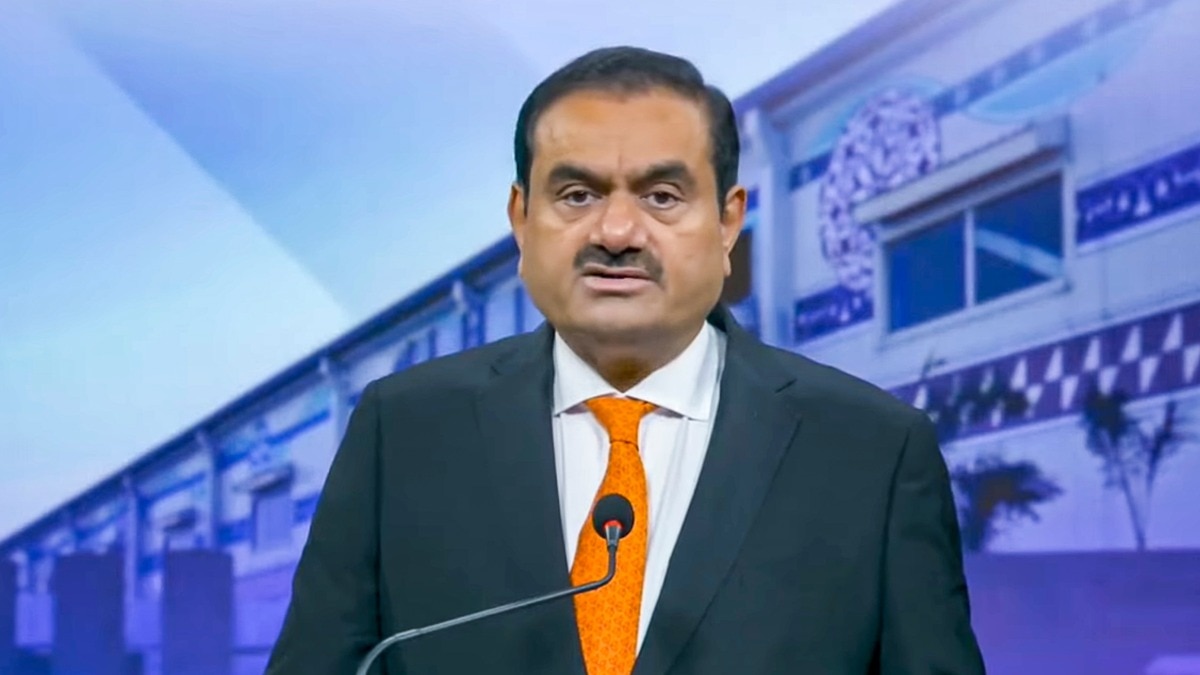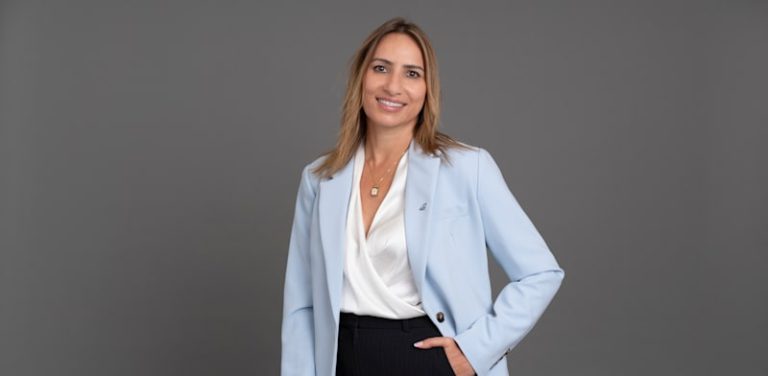Gautam Adani, chairman of the Adani Group said he saw the opportunity in the healthcare system but decided to not compete within the ecosystem but to reimagine it. He said the conglomerate would build Adani Healthcare Temples – 1,000-bed integrated campuses to be initiated from Ahmedabad and Mumbai.
Addressing the 5th Annual Conference of the Society for Minimally Invasive Spine Surgery (SMISS), Adani said that these ‘healthcare temples’ would be designed to be world-class, affordable, AI-first healthcare ecosystems, and will be guided by Mayo Clinic in the design, implementation, and global standards in medical infrastructure and research.
“I was shocked to learn that low back pain is now a leading cause of disability in India, ahead of conditions like diabetes and heart disease. India is facing a spinal epidemic, a silent crisis far more widespread than global averages. Nearly 1 in 2 adult Indians experiences low back pain every year. This is not merely a health issue. It is a national crisis measured not just in pain, but in lost productivity, mounting healthcare costs, and destroyed dreams,” he said at the SMISS-AP event, calling for the setting up for India’s “first AI-powered spinal diagnostic platform that detects degeneration long before disability”.
He also called for reimagination of rural surgery with low-cost, high-impact mobile operating theatres, as well as setting up of spinal hospitals for robotic surgery, regenerative medicine, and next-gen bio-integrated implants.
Adani said it is imperative to believe and to have the audacity to pioneer a change in the healthcare industry. “That is why I urge you to see yourselves as more than just medical professionals. And, in return, here is my promise: the Adani Group stands ready to walk with you and we have already embarked on our journey,” he said.
“We did not enter healthcare because it lacked momentum. We entered because the momentum was not enough. The pace of change was out of step with the urgency of future demands. We saw the opportunity, not to compete within the system, but to help reimagine it — and build a system that evolves with science, responds to shifting needs, and harnesses the full power of AI without losing sight of the human at the centre,” he said.
Adani said they are investing in modular and scalable infrastructure that can expand quickly during pandemics or emergencies, which would help develop large, world-class healthcare institutes that combine innovation, patient care, and applied learning in one place. He added that they are also focusing on nurturing doctors who can heal and lead with skills in robotics, artificial intelligence, systems thinking, and healthcare management.
Strengthening the nursing and paramedical workforce is another priority, he added. “We must reimagine how healthcare is financed by placing people and not paperwork at the centre. Human-centric insurance products that support and empower families will be a cornerstone of the new healthcare architecture we will do our best to build,” he added.






